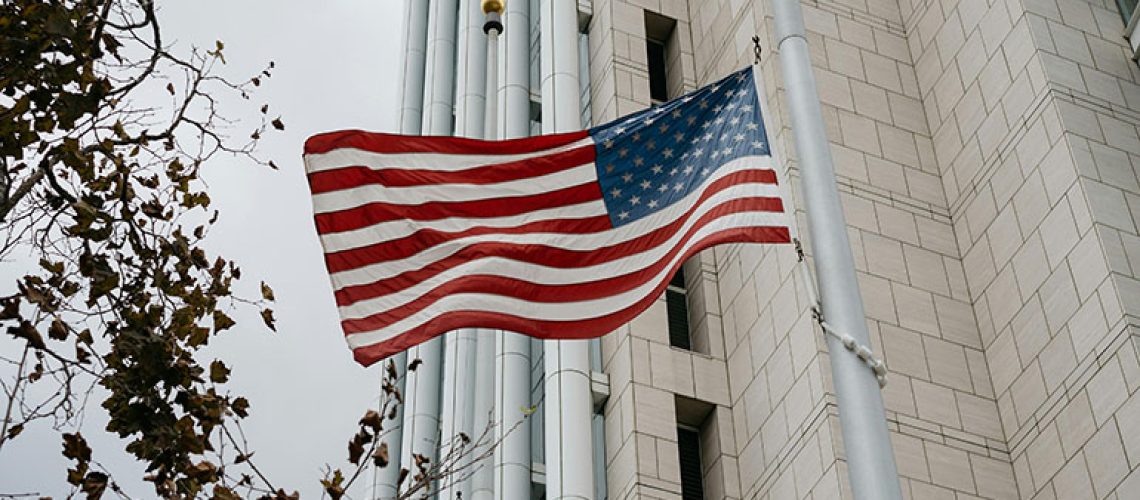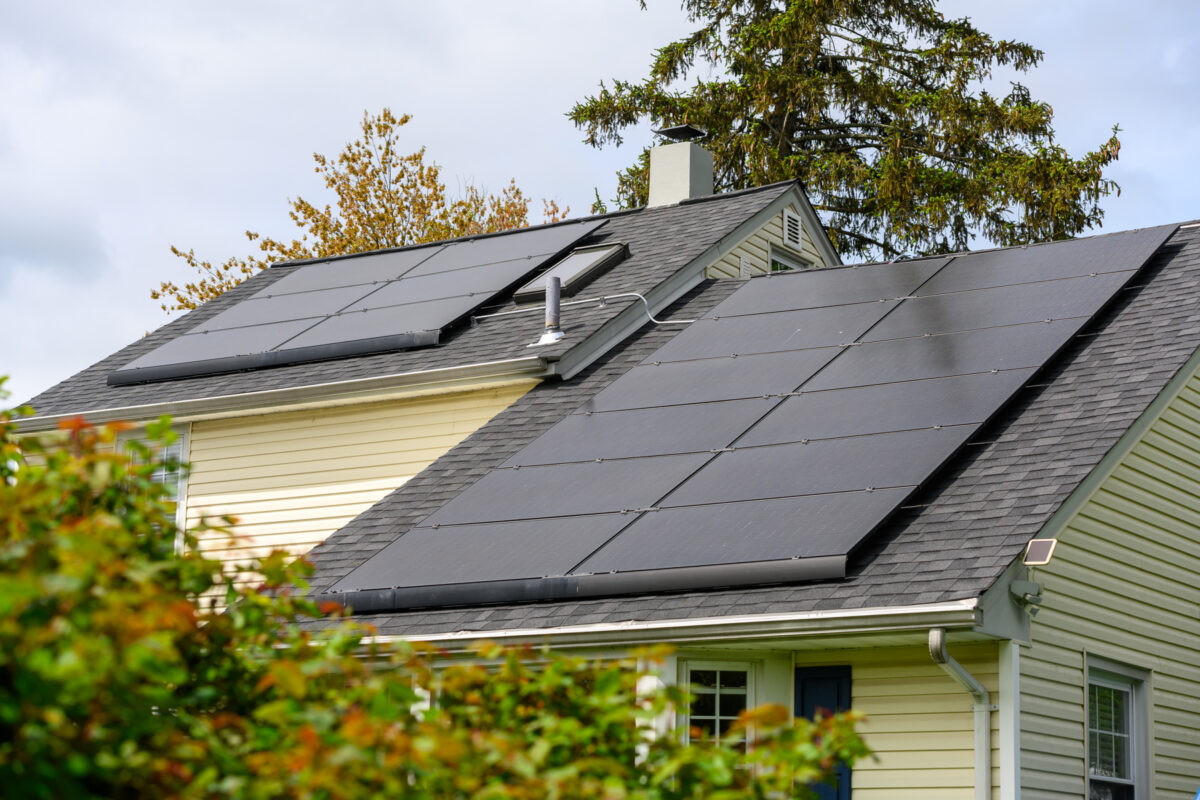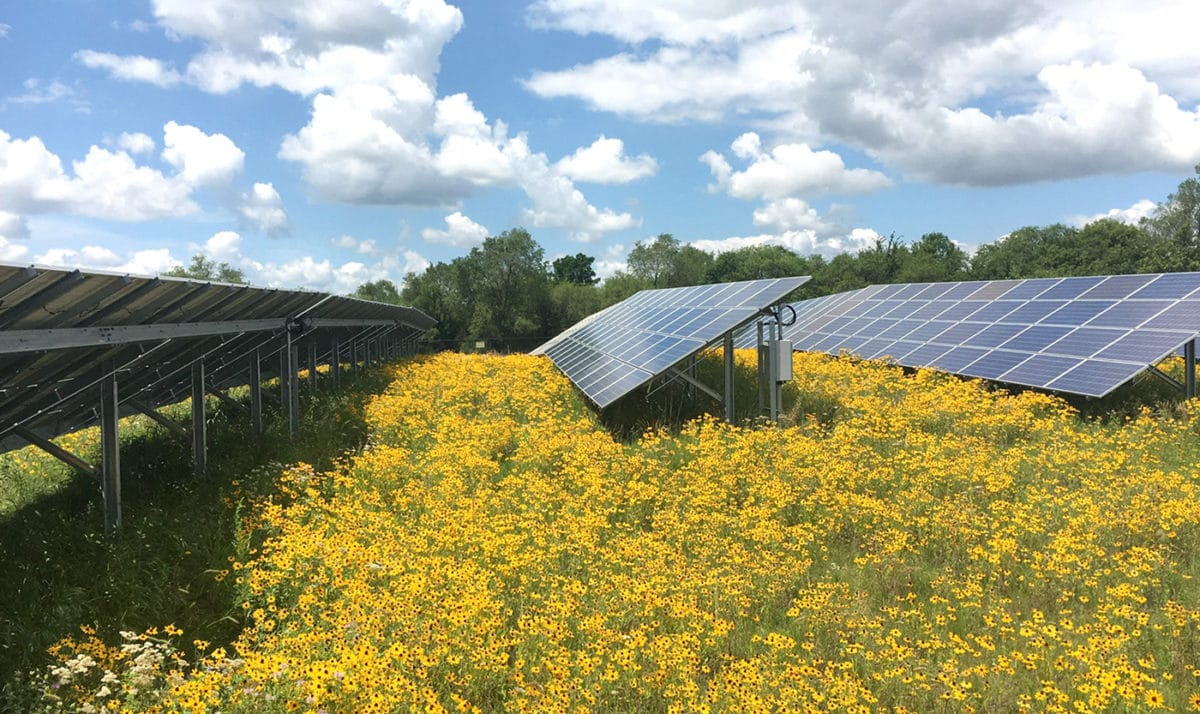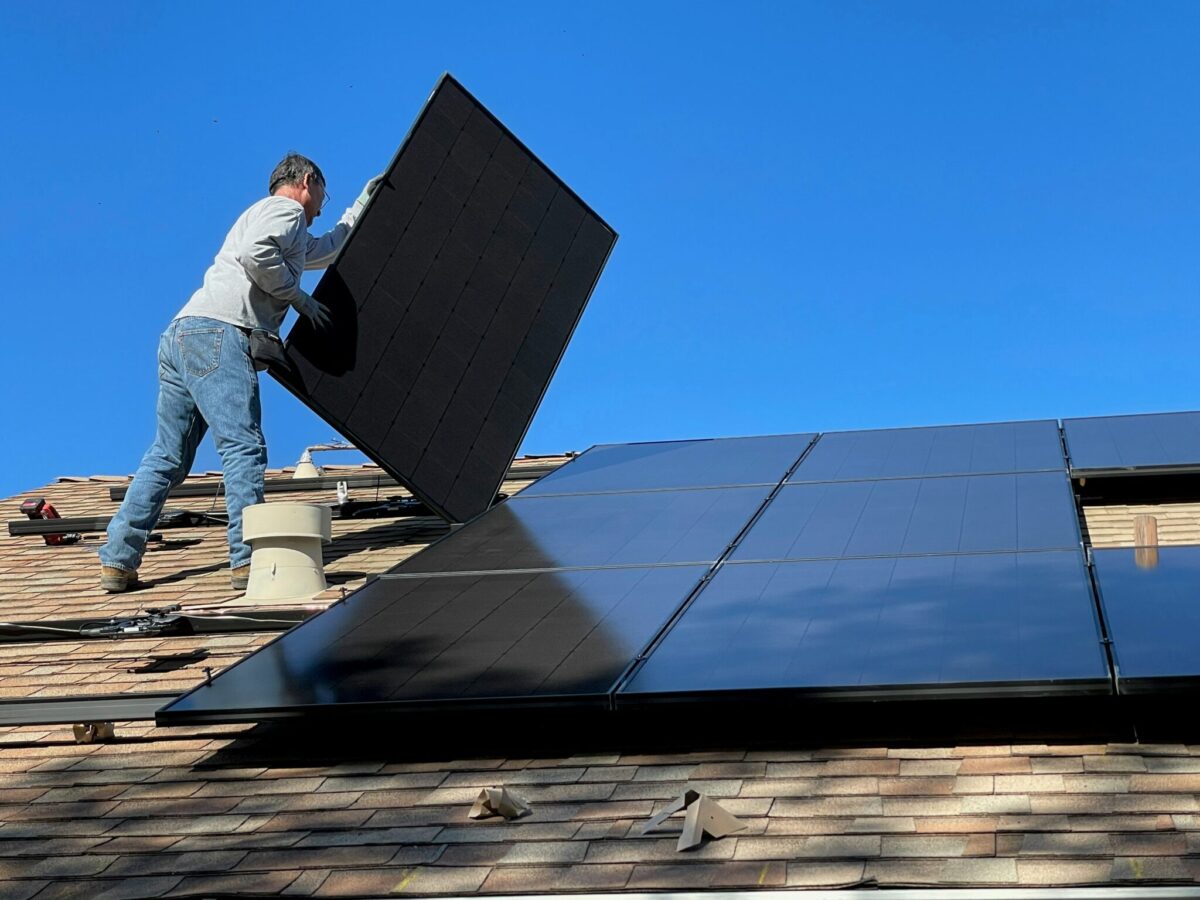On May 14, U.S. Trade Representative Katherine Tai announced further action on Section 301 tariffs after her statutory four-year review, including a new focus on Chinese solar products.
The 301 tariffs were initiated by the Trump administration in 2018 in response to the finding that “China’s acts, policies and practices related to technology transfer, intellectual property and innovation are unreasonable and discriminatory and burden or restrict U.S. commerce.” Section 301 of the Trade Act of 1974 differs from Section 201 in that it does not require specific petitions from companies. The president can initiate 301 tariffs with support from the Office of the U.S. Trade Representative (USTR).
When the Biden administration took office in 2021, new U.S. Trade Representative Katherine Tai said she would keep all options open, including initiating new investigations under Section 301 trade law, according to Reuters. In January 2024, four bipartisan senators asked President Biden for increased Sec. 301 tariffs on Chinese-made solar wafer, cell and module imports.
Now, President Biden has directed Rep. Tai to add or increase tariffs for certain Chinese products, including:
- Electric vehicles — increased to 100% in 2024
- Solar cells (whether or not assembled into modules) — increased to 50% in 2024
- Lithium-ion non-electrical vehicle batteries — increased to 25% in 2026
- Steel and aluminum products — increased to 25% in 2024
- Semiconductors — increased to 50% in 2025
The report says that in recent years China has targeted solar products, lithium-ion batteries and electric vehicles for export growth. The Administration aims to combat the new “big three” with these new tariffs.
“For many of the sectors covered by these proposed tariff increases, the United States has made significant investments, including through such initiatives as the IRA and the Bipartisan Infrastructure Law,” the report reads. “This legislation seeks to improve U.S. economic competitiveness, innovation, and productivity through investment in U.S. production and technology in strategic sectors. The proposed modifications also complement these investments.”
Chinese solar manufacturing equipment now falls under these categories, but the Administration is planning to exclude from tariffs equipment used to produce domestic solar panels.
“President Biden is also directing Ambassador Tai to establish an exclusion process for machinery used in domestic manufacturing and to prioritize, in particular, exclusions for certain solar manufacturing equipment,” the press release reads.
Next week, USTR will issue a Federal Register notice announcing procedures for interested parties to comment on the proposed modifications and information concerning an exclusion process for machinery used in domestic manufacturing.
The Solar Energy Manufacturing for America (SEMA) Coalition, a group of U.S. solar manufacturers, celebrated the update.
“While we are still digging into the details, we’re glad to see the Biden administration take a step to strategically re-align 301 tariffs to help onshore U.S. solar manufacturing and support solar manufacturing workers. As America works to build out manufacturing in key clean energy supply chains to reduce the country’s reliance on China’s supply chains, we need to use every tool at our disposal to boost the U.S. solar manufacturing industry,” said Mike Carr, executive director of SEMA, in a press statement.
“The Administration made the right decision to strengthen protections for solar components we seek to build in the U.S. While no one action can unwind the years of a concerted effort to dominate this industry, including in manufacturing equipment and heavily subsidized production by Chinese-headquartered firms in Southeast Asia, we are encouraged by this indication of the Biden administration’s commitment to use all the tools at their disposal in a targeted and strategic way. We are hopeful that next steps will shortly follow, including fixing the Inflation Reduction Act’s domestic content rules and trade enforcement, to level the playing field and ensure that American solar workers have a real chance at fair competition.”






